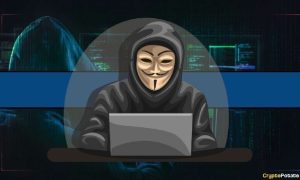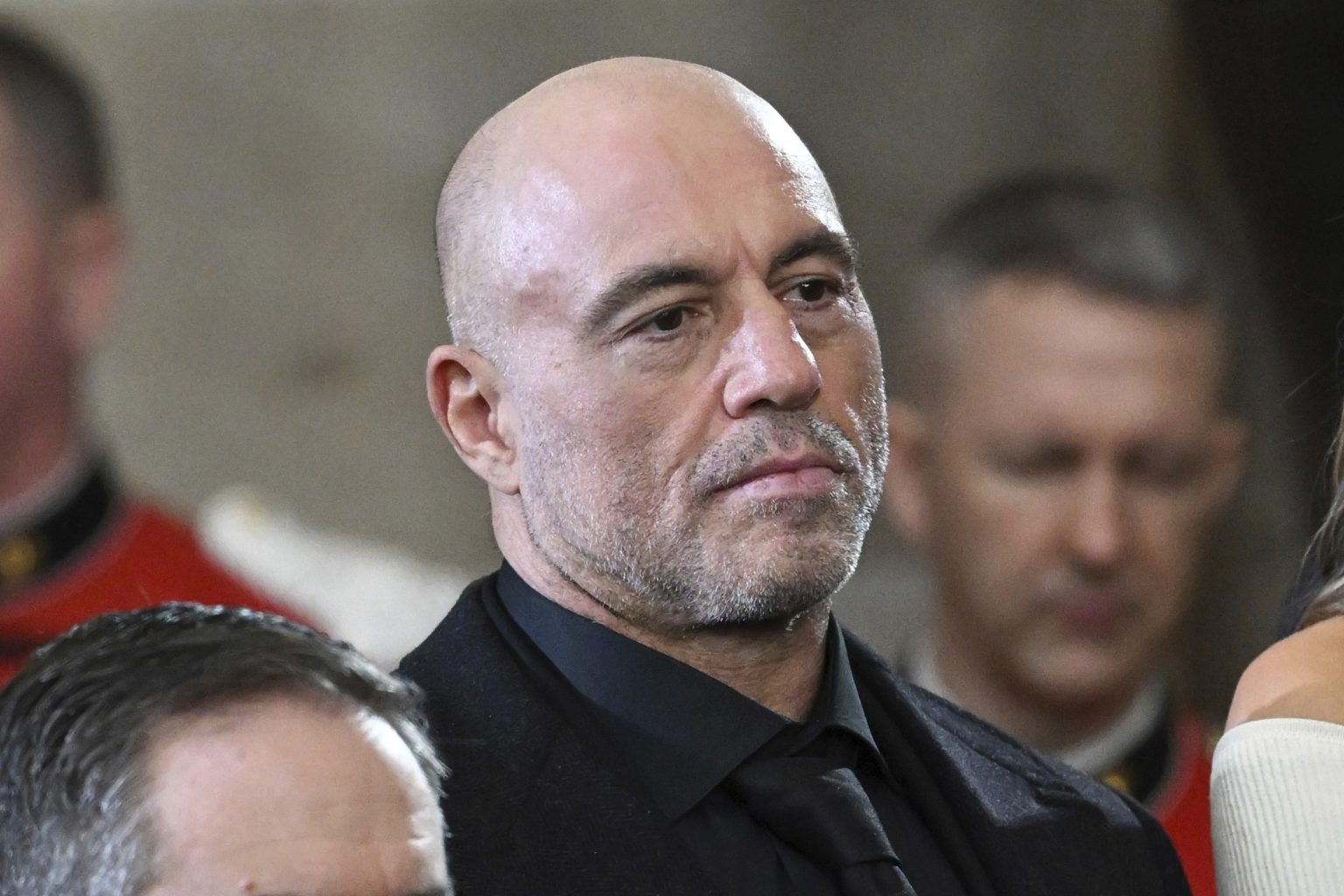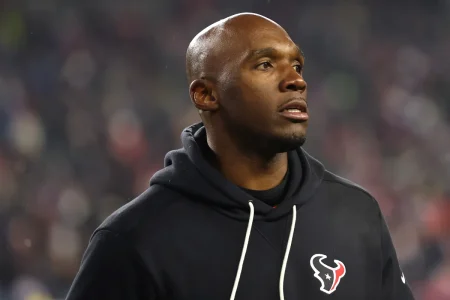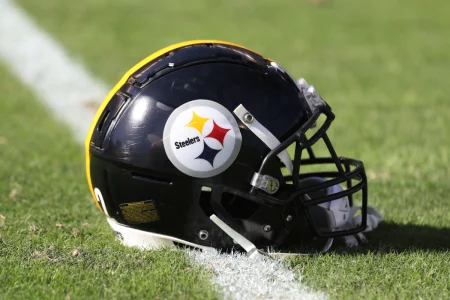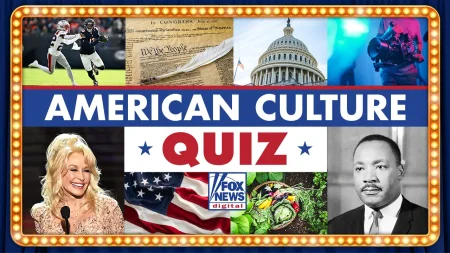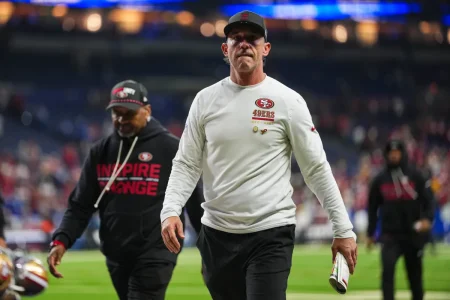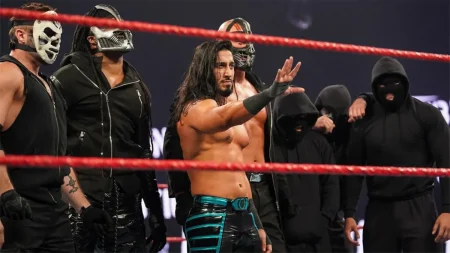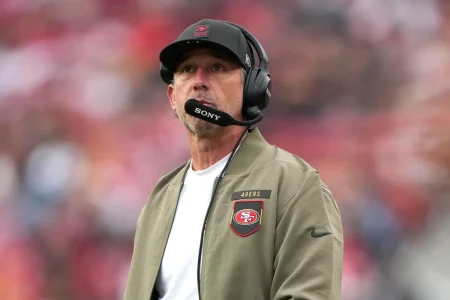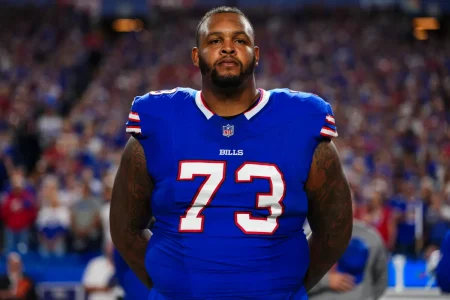Joe Rogan’s Free Speech Warning: The Jimmy Kimmel Controversy
In a provocative and thought-provoking discussion on his wildly popular podcast, Joe Rogan has issued a stark warning to MAGA supporters celebrating Jimmy Kimmel’s recent suspension from ABC. Speaking candidly on “The Joe Rogan Experience,” which boasts over 20.2 million YouTube subscribers, Rogan cautioned that the precedent set by Kimmel’s suspension could eventually be turned against conservative voices. The controversy began when Kimmel delivered a monologue addressing the death of Charlie Kirk, saying, “The MAGA gang [is] desperately trying to characterize this kid who murdered Charlie Kirk as anything other than one of them, and doing everything they can to score political points from it.” These comments led to ABC suspending Kimmel from his show for a week, igniting a fierce debate about the boundaries between free speech and hate speech in American media and politics.
During Tuesday’s episode with guest Andrew Santino, Rogan emphatically declared his position: “I definitely don’t think that the government should be involved ever in dictating what a comedian can and cannot say in a monologue. That’s fg crazy.” He expressed particular concern about right-wing figures who appeared to celebrate ABC’s decision, suggesting they were shortsighted in their support of what he perceives as government-pressured censorship. “You’re crazy for supporting this because this will be used on you,” Rogan warned, employing his characteristic blend of humor and serious commentary to suggest that the same mechanisms of control could easily be redirected toward conservative voices in the future. In his colorful style, he added, “You don’t think that that the fg globalist lizard people who run the world are sitting here going: ‘Great. What do we got? Three years. We’ll wait this out. We’ll wait this out. Yeah, let ’em say the government should be involved in censoring people’s speech.'”
The controversy has revealed fascinating fault lines in American political discourse, with figures from both sides weighing in on Kimmel’s suspension and subsequent return. Late-night host Seth Meyers expressed solidarity on his NBC show, framing the issue as one of resisting “bullying and censorship” while announcing Kimmel’s return to air. Senator Elizabeth Warren took to social media platform X to celebrate, writing: “For everyone who spoke up and said Trump’s censorship of Kimmel is wrong, your voice mattered.” Meanwhile, former President Donald Trump expressed outrage at Kimmel’s reinstatement on Truth Social, claiming ABC had previously informed the White House that Kimmel’s show was canceled. Trump further criticized Kimmel’s talent and audience numbers, suggesting the host “puts the Network in jeopardy by playing 99 percent positive Democrat GARBAGE.” These divergent reactions highlight how deeply polarized the American media landscape has become, with a comedian’s comments transforming into a battleground for larger political and cultural wars.
What makes this controversy particularly significant is how it has forced many Americans to confront their own consistency regarding free speech principles. For years, many conservatives have positioned themselves as champions of free expression against what they perceive as liberal “cancel culture.” Now, some of those same voices appeared to celebrate Kimmel’s suspension, seemingly embracing the very tactics they had previously condemned. Similarly, progressive voices that have sometimes advocated for restrictions on harmful speech found themselves defending Kimmel’s right to deliver his controversial monologue. Rogan’s warning cuts to the heart of this contradiction, suggesting that speech restrictions are ultimately tools that can be wielded by whoever holds power, regardless of political affiliation. His perspective reflects a growing concern among many Americans that free speech principles are increasingly being applied selectively based on political alignment rather than consistently across the ideological spectrum.
The aftermath of Kimmel’s suspension continues to reverberate through the media landscape. While ABC has allowed Kimmel to return to air, significant challenges remain. Sinclair and Nexstar, which own dozens of ABC affiliates across the country, continue to block Kimmel’s show from airing in their local markets. This represents a form of private-sector restriction on speech that operates alongside government pressure, creating multiple layers of potential censorship. The situation demonstrates how complex free speech issues have become in an era when media distribution involves numerous corporate gatekeepers alongside traditional government regulations. Rogan’s warning acknowledges this complexity while emphasizing that the principle at stake transcends the immediate controversy around Kimmel’s comments about MAGA supporters.
Ultimately, the Kimmel controversy and Rogan’s response to it reveal profound questions about America’s commitment to free expression in an increasingly fractured media environment. As one of the most influential voices in podcasting, Rogan’s perspective carries significant weight across the political spectrum. His warning serves as a reminder that free speech protections must be defended consistently rather than opportunistically if they are to survive in a meaningful form. While reasonable people can disagree about the boundaries of acceptable discourse, Rogan suggests that empowering authorities—whether government officials or corporate executives—to silence comedians based on political pressure establishes dangerous precedents that will inevitably be turned against different voices as power shifts. As Kimmel returns to the airwaves and the immediate controversy begins to fade, the larger questions about who controls speech in America, and on what basis they exercise that control, remain unresolved and increasingly urgent in our polarized society.
